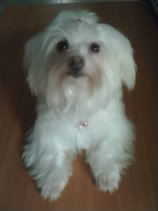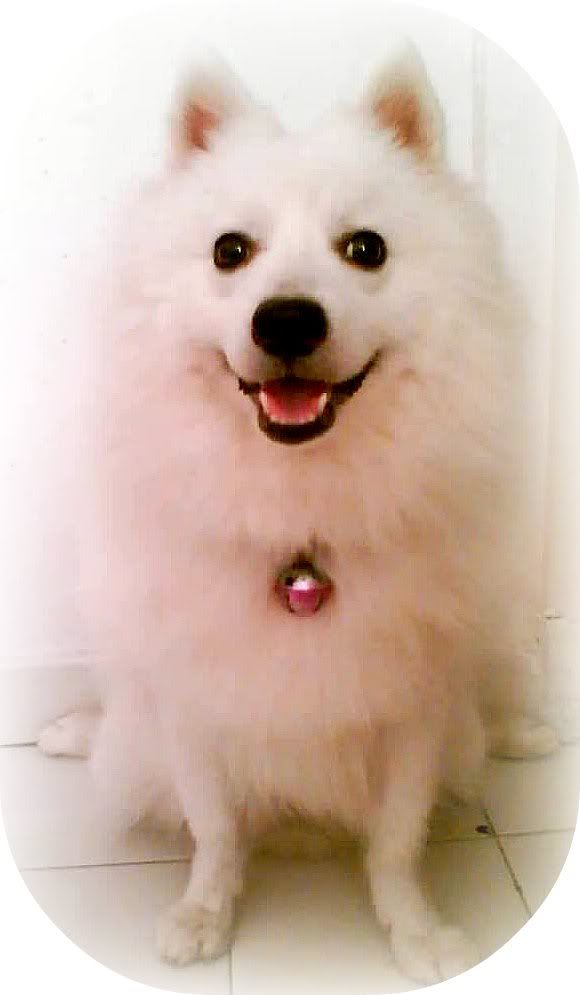
By Gerrard Lai
THEY are not your average pedigree pooches on leashes that you see on the street.
Rare dog breeds – such as Alaskan Klee Kais, Salukis and greyhounds – are slowly becoming a hit with professionals, who choose them as pets for their unique looks and temperaments. They come with hefty price tags, too, with some going for as much as $8,000.
Pet’s Station chief executive Alex Chua said that rare breeds command a higher price, and not all Singaporeans are willing to pay for them.
Three proud owners of rare breeds said their hearts overruled their wallets in their decisions to buy their canine companions.
One owner, executive film producer Calvin Tan, 50, has a four-year-old Alaskan Klee Kai, which he bought when it was a puppy. The breed, prized for its rarity, is a miniature version of the Alaskan husky.
| Singapore's most popular dog breeds Click on thumbnail to view (Photos: AFP, ST, TNP, The Nation) | ||||
 |  |  |  |  |
 |  |  |  |  |
| For more photos, click here. | ||||
He said: “I fell in love with it immediately and bought it. It was fated.”
The Alaskan Klee Kai was developed in the 1970s by a breed developer in the United States, and was officially recognised by the American Rare Breed Association in 1995.
Administrative executive Carole Teo, 35, said she chose the Saluki as she has two children, aged five and 10. Of the five such dogs she now owns, she said: “The dog must be generally kid-friendly and not aggressive.”
She first encountered the Saluki – and was struck by its beauty – while flipping through a book on dog breeds.
While strutting with a prized pooch might turn heads, Society for the Prevention of Cruelty to Animals executive director Deirdre Moss stressed that commitment to look after the dog should be paramount.
She said: “Many buy dogs not only on impulse, but also due to a breed’s novelty. They should be aware that some dogs may require more care.”
Veterinarian Nandini Mudeliar, 30, told my paper that individual breeds have their peculiarities.
For instance, deep-chested dog breeds like the greyhound are prone to suffering from twisted intestines. She added that huskies, which are native to cold climates, need to be taken on walks in the evenings – when it is cooler – so that their tolerance for heat can be built up slowly.
Those who want to import pets from abroad are required to first obtain an import licence from the Agri-Food & Veterinary Authority “within 30 days prior” to their pets’ arrival.
Source:http://www.asiaone.com/News/AsiaOne%2BNews/Singapore/Story/A1Story20110414-273542.html











































 Glitterfy.com - Glitter Graphics
Glitterfy.com - Glitter Graphics
No comments:
Post a Comment